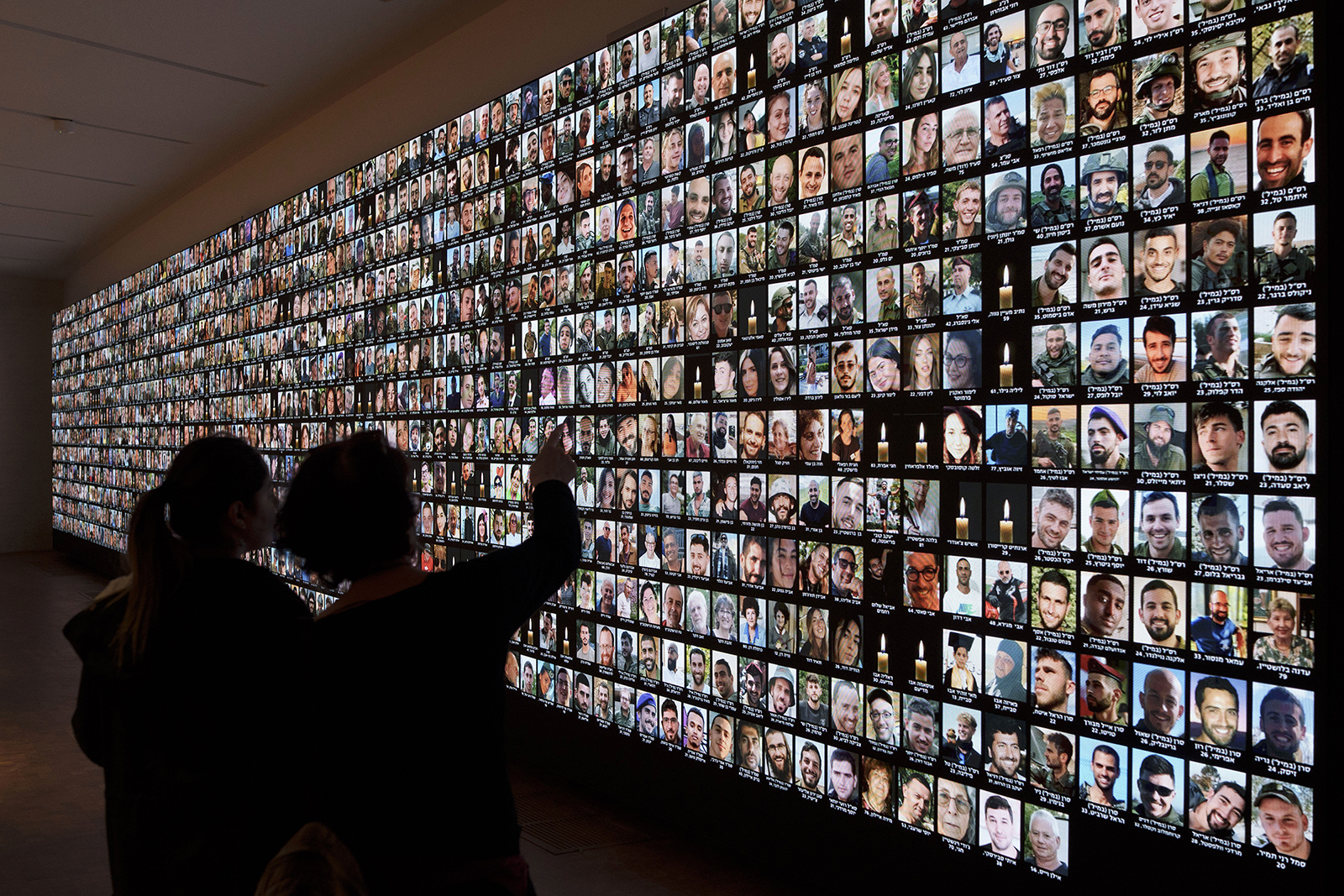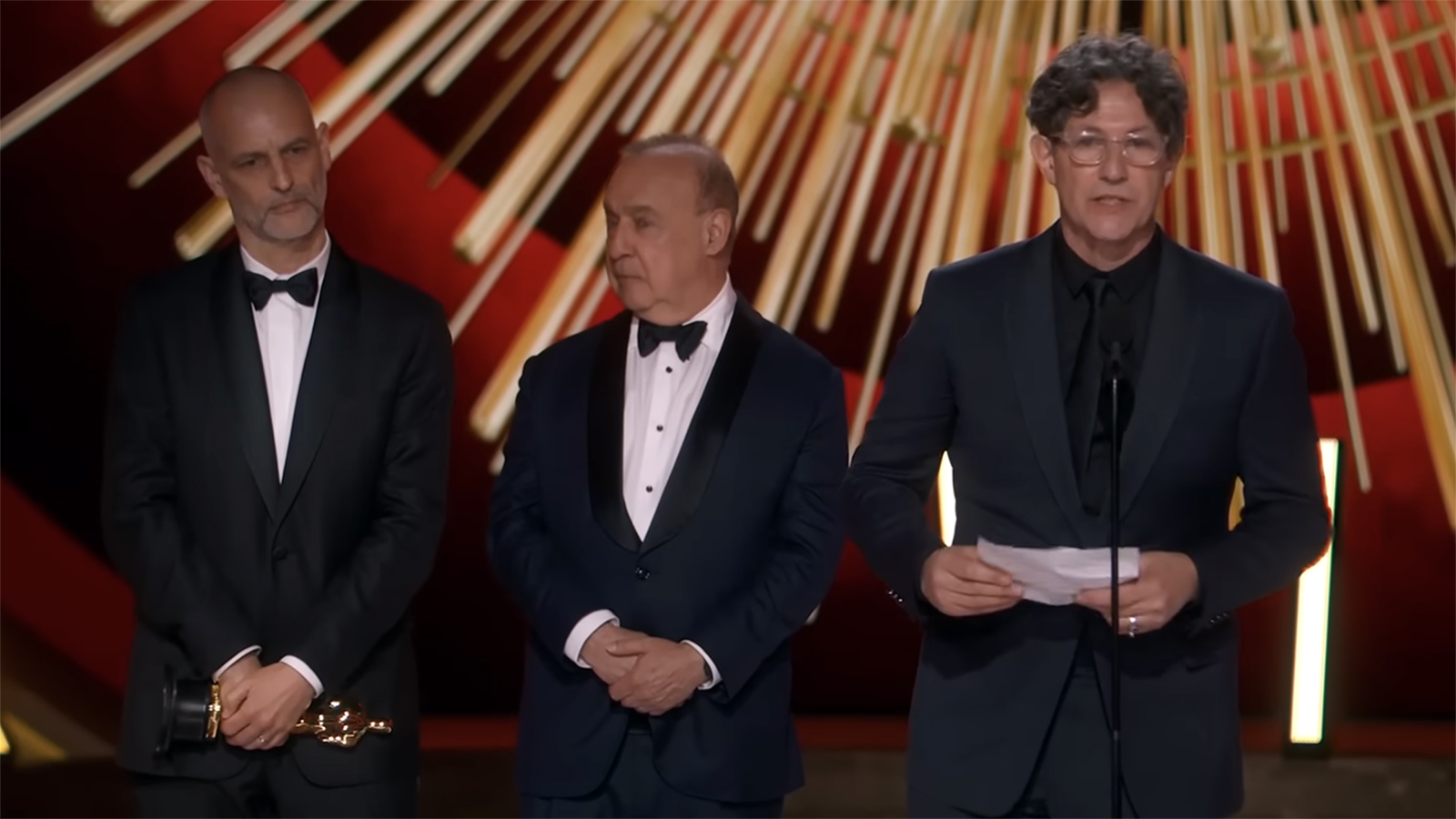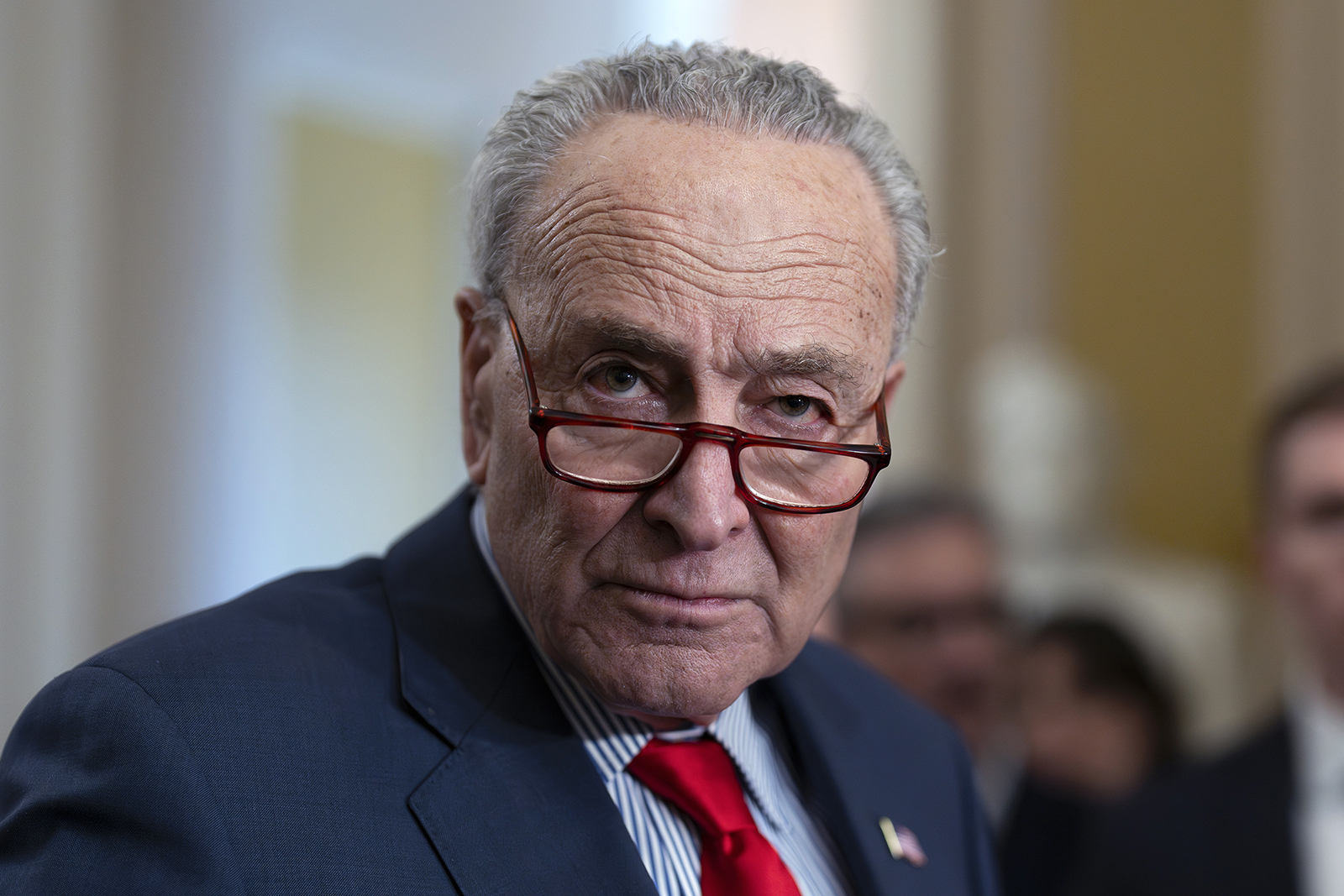(RNS) — I am a “Wieselian” Jew. Most American Jews are, even if they don’t know it.
This generation of Jews has been brought up on the ethic of the great survivor and witness, Elie Wiesel, who, more than anyone else, defined and formulated our post-Holocaust worldview. Wiesel was the prophet whose ethic of responsibility emerged as the most salient teaching from that cataclysm.
And for Wiesel, the first commandment of post-Holocaust Judaism was always: Thou shalt not be indifferent!
For some, the primal Holocaust commandment is, “Remember Amalek” (Deut. 27:17-19) — which Jews worldwide will read as the special scriptural reading this Shabbat, preceding the holiday of Purim. We are commanded to destroy (literally, to “erase from memory”) those from the nation that mercilessly butchered the weakest of the Israelites in the wilderness, attacking from the rear. While “Amalek” could easily refer to Nazis or Hamas in our day, many believe that the commandment calls on us to overcome our inner, spiritual “Amalek,” the impulse to do evil, rather than to destroy any actual group of people. Wiesel wrote, “The Torah bids us remember Amalek, not hate it.”
Others turn to “Never Again,” originally invoked by liberated prisoners at Buchenwald. But Never Again was distorted by the radical Jewish nationalist Meir Kahane, who interpreted it to mean Jews should never allow themselves to be victimized again.
Wiesel, on the other hand, called on Jews never to allow genocidal violence to be perpetrated on Jews — or any other group. Never Again, based on the Torah’s call in Leviticus not to stand idly by the blood of your neighbor, was for him a corollary of Commandment No. 1: Thou shalt not be indifferent.

FILE – Visitors look at photos of Israeli people who were killed during the Hamas attack on Oct. 7 and those who died during the Israel-Hamas war in the Gaza Strip, displayed on a giant screen at the National Library in Jerusalem, Israel, Jan. 28, 2024. (AP Photo/Leo Correa, File)
For anyone who is a Wieselian Jew, it is simply impossible to turn aside when innocent people are suffering. Which is why it is now impossible for American Jews to ignore what happened to Jews and others in Israel on Oct. 7.
And it is also impossible to ignore what has happened in Gaza since Oct. 7. We just can’t. It’s at the core of our Judaism — our post-Holocaust imperative, as taught by the Prophet of Auschwitz.
This is not to suggest what Israel is doing in Gaza right now is genocidal. Israel’s actions and intent are not. And it’s not to say all fighting should end immediately. I can’t envision any scenario where this war concludes without a full release of the hostages and Hamas being forced from power.
But it does mean Jews cannot turn a blind eye to the suffering of innocent Palestinians. Nor can we accept anything less than an all-out effort on Israel’s part to, as U.S. officials have put it, “flood the zone” with humanitarian assistance. Such sentiments were also echoed by Senator Chuck Schumer in his landmark address last week, which reflected how many American Jews feel. And in fact, those sentiments have been echoed by Israeli officials, too.
We need to flood the zone — the “zone of indifference” — with food, medicine and engagement.

Director Jonathan Glazer, right, gives an acceptance speech after “The Zone of Interest” won the Oscar for best international feature. (Video screen grab via ABC)
The Oscar-winning Holocaust film “Zone of Interest” has unfortunately been tainted by the acceptance speech by director Jonathan Glazer. While Glazer’s — or any — analogies linking the Holocaust to Israel’s attacks on Gaza are abhorrent, let’s set that aside for the moment and instead focus on the film’s overall message of dehumanization. Or, as Steven Spielberg said, in praising the movie, “the banality of evil.”
Last week, I watched the film, and then Schumer’s speech, and then Elie Wiesel’s famous White House speech from 1999, “The Perils of Indifference.”
It was instructive for me to watch all three, back-to-back-to-back.
The film, which at times made me squirm more than raw footage of the actual atrocities themselves, depicts a family living an idyllic existence in the shadows of hell, yet showing no interest in looking over the fence or even glancing in that direction, despite being completely aware of what was going on. To see the crematoria and gas chambers being sanitized by cleaning crews was the perfect metaphor for how the disinfectant numbing the conscience was just as potent as the “disinfectant” used to kill the victims. The Zone of Interest became a zone of indifference.
The family goes about their lovely lives as if nothing is happening next door, to the point where, when the time comes to leave, they don’t want to go. They want to stay in their infernal vacationland. Why give up the free slave labor and confiscated furs and sweaters from neighborhood Jews they used to despise? They’re not only standing idly by the blood of their neighbor, they’re wearing it on their backs.

A scene from Jonathan Glazer’s film “The Zone of Interest.” (Photo courtesy of A24)
Schumer understood that no degree of suffering gives anyone license to stand idly by while others suffer. He acknowledged the “pure and premeditated evil” that occurred on Oct. 7. Playing on the Hebrew meaning of his last name, he called himself a Shomer Yisrael, a guardian of Israel, and claimed to speak for the majority of American Jews.
In “The Perils of Indifference,” Wiesel said:
Indifference, after all, is more dangerous than anger and hatred. Anger can at times be creative … Indifference elicits no response …. Indifference is always the friend of the enemy, for it benefits the aggressor — never his victim, whose pain is magnified when he or she feels forgotten. The political prisoner in his cell, the hungry children, the homeless refugees — not to respond to their plight, not to relieve their solitude by offering them a spark of hope is to exile them from human memory. And in denying their humanity, we betray our own.
I would argue Wiesel’s gospel of engagement is what propels American Jewry more than any other ideology. More than “Tikkun Olam” (world repair), more than wokeness, more than social justice, more even than Zionism, and yes, more than “Never Again!” All of these, in fact, can be seen as derivatives of the Wiesel Doctrine. Thou shalt give a damn is where it all begins — about all suffering people. About Jews first, to be sure, but never just Jews. He championed victims everywhere, including Cambodians, Bosnians and Rwandans, among others.
Indifference is not only a sin, Wiesel told us. It is its own punishment.
And it is the Wiesel Doctrine that does not allow us to ignore the plight of innocent Gazans, much as we might prefer to, much as we might be entitled to, much as Wiesel himself might have done with regard to Palestinians, especially later in life, when he turned rightward. Some have accused him of having had a moral blind spot there, and it’s easy to imagine how outraged and heartbroken he would have been after seeing what happened to Israelis on Oct. 7.
But Wiesel’s creed of non-apathy would still demand we open our eyes to the suffering of innocents on the other side, even when some on that side are lethal enemies. He would not forget the hungry children. And the fact that Israel’s far right is not open to such compassion, or even to accepting responsibility for the deaths on their own side of the fence, is why so many American Jews are torn right now, with Schumer articulating that angst.

FILE – Senate Majority Leader Chuck Schumer, D-N.Y., speaks to reporters at the Capitol in Washington, March 12, 2024. (AP Photo/J. Scott Applewhite, File)
Many Israelis feel that Wieselian pang of conscience, too. Despite the anger. Despite their justifiable rage. Despite the evil of their enemy. They don’t want to become what they hate and succumb to their inner Amalek.
Neither do American Jews, as we face our greatest challenge: to avoid taking up permanent residence in the Zone of Indifference.
(Rabbi Joshua Hammerman is the spiritual leader of Temple Beth El in Stamford, Connecticut, and the author of “Mensch-Marks: Life Lessons of a Human Rabbi” and “Embracing Auschwitz: Forging a Vibrant, Life-Affirming Judaism That Takes the Holocaust Seriously.” The views expressed in this commentary do not necessarily reflect those of Religion News Service.)
Discover more from CaveNews Times
Subscribe to get the latest posts sent to your email.























![Exploring the Serene Beauty of Nature: A Reflection on [YouTube video title]](https://cavemangardens.art/storage/2024/04/114803-exploring-the-serene-beauty-of-nature-a-reflection-on-youtube-video-title-360x180.jpg)
























